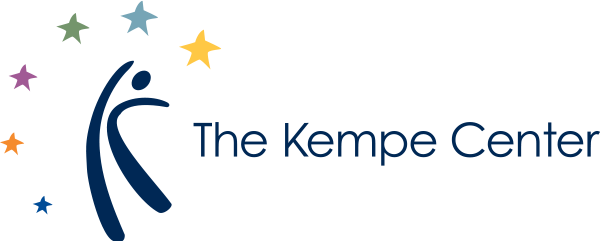Family Group Decision Making
ProgramPages
RelatedLinks
Welcome to the National Center on Family Group Decision Making


Promoting the Rights ofFamily Groups to Make Decisions
Each year there are millions of children and youth who come to the attention of child welfare, juvenile justice, school counselors/social workers, health care providers and other public/private agencies. Traditionally, at best, many systems have worked only with the children and their current caregivers to resolve the concerns that brought them to the agency’s attention, and at worse, have excluded or marginalized the voices of caregivers, children and their extended family systems. Family group decision making (FGDM)—an innovative social reform championed worldwide since the early 1990s—challenges this paradigm and practice, resulting in an inclusive and participatory process that positions family groups to lead decisions about their own members.
Making Sense of Family Group Conferencing
Our relational activist colleagues produced this inspiring video called, Making Sense of Family Group Conferencing. Activists, advocates, social workers and researchers across the world bring to life the reasons systems should pursue family group conferences to spark meaningful change. It is a reminder that change happens through personal and informal relationships. It showcases the family group conference as one practice that is the embodiment of relational activism.
Watch the video, featuring Associate Professor and Director of National Center on Family Group Decision Making, Lisa Merkel-Holguin at here.
Core Elements of FGDM Processes
FGDM processes are carefully managed and crafted to ensure fidelity to the FGDM values and to ensure that those values drive practice. The following Six Core Elements are critical to supporting exemplary practice in FGDM:
- An independent (i.e., non-case carrying) coordinator is responsible for convening the family group meeting with agency personnel.
- The child protection agency personnel recognize the family group as their key decision-making partner, and time and resources are available to convene this group.
- Family groups have the opportunity to meet on their own, without the statutory authorities and other non-family members present, to work through the information they have been given and to formulate their responses and plans.
- When agency concerns are adequately addressed, preference is given to a family group’s plan over any other possible plan.
- Follow-up processes after the family group decision making meeting occur until the intended outcomes are achieved, to ensure that the plan continues to be relevant, current and achievable, because family group decision making is not a one-time event but an ongoing, active process.
- Referring agencies support family groups by providing the services and resources necessary to implement the agreed-upon plans.



